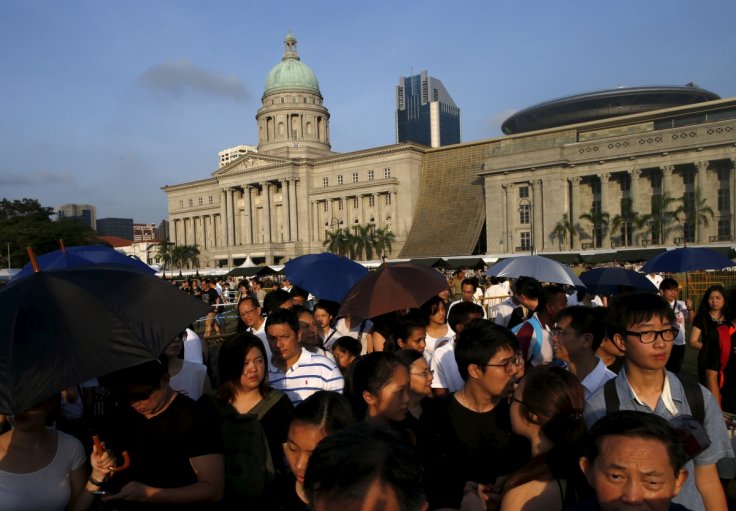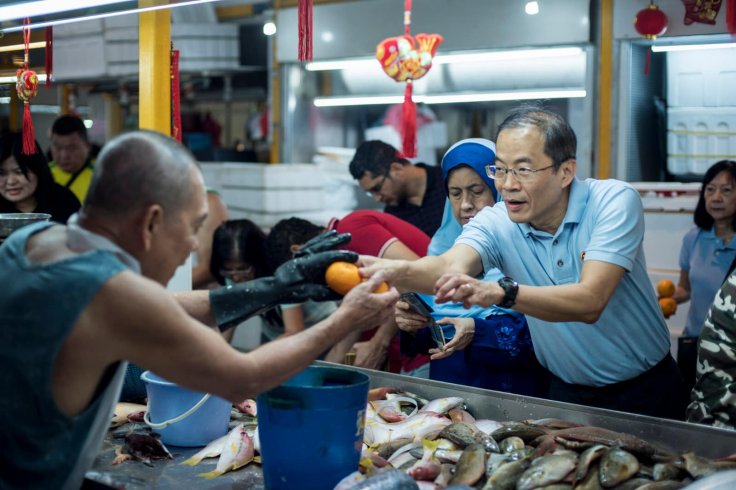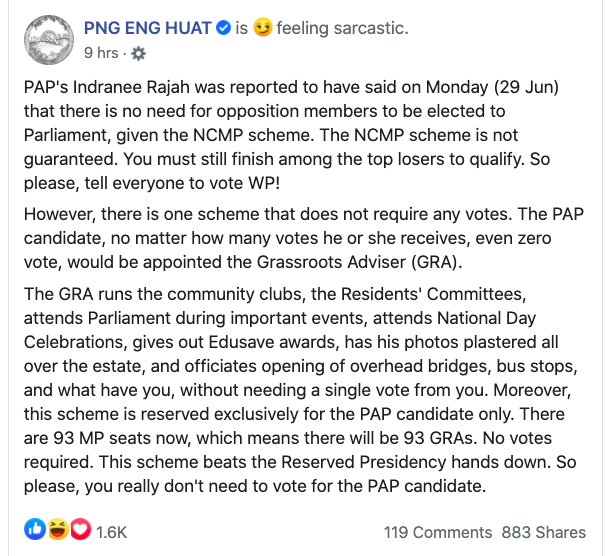Since its introduction in 1984, the Non-Constituency Member of Parliament (NCMP) scheme has been a subject of debate in every General Election in Singapore. The idea of the system was to give voice to the opposition in parliament. With People's Action Party dominating in all the election since the country's independence, opposition hardly had a chance to get its voice across.
Over the years, the number of NCMPs rose to a maximum of 12 in the General Elections 2020, scheduled to take place on July 10. Unlike the winner takes it all system, best-performing losers get a chance to be in parliament and raise their concerns against ruling PAP's policies. NCMPs now even have voting rights on policy issues.

Why It Is Necessary?
Since PAP has enjoyed majority over the years in parliament, the ruling party never needed to discuss and answer oppositions' questions on policy decisions. That was the reason why the NCMP scheme was given birth by Lee Kuan Yew in 1984. Prime Minister Lee Hsien Loong has raised the number from nine to 12 in order to have a greater number of opposition members present to have a healthy debate.
"NCMPs will have full voting rights, exactly the same as the elected MPs. They can vote on budgets, they can vote on constitutional amendments, they can even vote on motions of confidence. There's no possibility of the opposition being shut out from Parliament," he said.
Opposition Believes It's a PAP Ploy
Then why do opposition parties denounce the idea? Although it is a noble idea, opposition parties in the Republic have never really trusted PAP honoring it. Many of the opposition members believe it's a ploy to lure Singaporeans into voting for PAP candidates in the GE. That way, opposition will have less of a chance to have an elected MP. That was the reason why MPD Nair from Workers' Party declined the seat following the 1984 GE.

Workers' Party's Dennis Tan, who is an incumbent NCMP, said, "This is exactly the poisoned chalice of PAP-style democracy — the NCMP system. As a former NCMP, I appeal to all voters not to be deceived by PAP's intention for NCMPs when you go to the ballot box. Please elect sufficient opposition constituency MPs. Another WP MP Pritam Singh, who is also the opposition leader, also questioned PAP's magnanimity with the scheme.
Even former PAP MP and now the Progress Singapore Party chief Dr Tan Cheng Bock said he would reject an NCMP seat if it leads to that moment. "For NCMPs, while they try and improve the scheme, I look at it as a ploy this round to entice you all to vote the PAP because they guarantee you that they (will) have 12 NCMPs," he told media.

NCMP Once Again an Issue in GE2020
Like every General Election since 1984, the NCMP scheme has come under radar this time too. The ever-lasting debate began when PAP MP Indranee Rajah responded to WP manifesto where it stated that opposition would be wiped out in this GE.
The Tanjong Pagar GRC candidate, who is also the Second Minister of Finance, Law and Education, said, "You cannot assume, as has been suggested by some, that PAP will sweep all the seats. There is a suggestion that you have to have opposition elected, in elected seats, in order to have a voice in parliament. That's not correct. I urge you to go back to look at the last round of constitutional amendments that we did with respect to the NCMP seats."
Opposition termed the statement as a sinister one in nature as through her statement, she urged Singaporeans to vote for PAP instead of opposition parties as NCMP scheme would anyway allow them 12 seats in parliament. They further argued that opposition needs an electoral mandate to raise questions — not because the constitution guarantees it.
Former Prime Minister Goh Chok Tong in support of the scheme said that it was introduced not as a ploy but to hear opposition inside parliament rather listening to them outside. Thus, Singapore's first PM Lee Kuan Yew decided to follow Mauritius' approach of 'best losers' system.
"Indeed, for almost 17 years after independence, Singapore did not have a single opposition MP. It was precisely to prevent this total absence of opposition voices in Parliament that Mr Lee and I decided to establish the NCMP scheme," he said.








